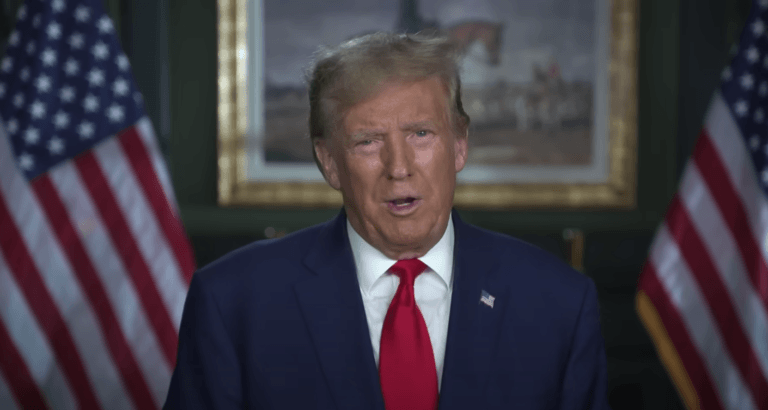Paul Krugman’s recent opinion piece in The New York Times serves as a profound reflection on the political dynamics surrounding the CARES Act and its implications for American democracy. Krugman contrasts the bipartisan support for the pandemic relief bill with current political maneuvers, particularly by the GOP, which he views as acts of sabotage against the nation’s well-being for political gain.
Paul Krugman is an American economist who gained prominence for his work in international economics, including trade theory and international finance. He was awarded the Nobel Memorial Prize in Economic Sciences in 2008 for his contributions to New Trade Theory and New Economic Geography. Krugman is also known for his columns in The New York Times, where he frequently comments on economic and political issues. He has authored numerous books on economics and is a professor emeritus at Princeton University and a distinguished professor at the City University of New York.
Krugman begins by recounting the success of the CARES Act, a pivotal legislation passed in the early days of the Covid-19 pandemic. This act, according to Krugman, significantly mitigated the financial hardships that could have devastated millions of Americans. Despite massive job losses due to the pandemic, federal aid, including one-time checks and enhanced unemployment benefits, helped many Americans stay afloat, challenging the fears that such generosity would deter work ethic.
Krugman then poses a hypothetical scenario: What if Democrats in 2020 had acted like Republicans in 2024, prioritizing political advantage over national welfare? He imagines a situation where Democrats, led by Joe Biden and Nancy Pelosi, might have blocked pandemic relief to harm Trump’s re-election chances, drawing a parallel to Trump’s current influence over the GOP to deny necessary funding for border security, believing that chaos serves his electoral prospects.
Despite the CARES Act’s role in averting a Covid-induced depression, Krugman argues that Republicans have politically capitalized on the economic stability it provided. He criticizes the GOP’s narrative of a prosperous economy under Trump, pointing out the irony that Trump left office with fewer Americans employed than when he began, a fact obscured by the temporary financial relief provided by the CARES Act.
Krugman expresses concern over the GOP’s rejection of legislation for border security and foreign aid, viewing it as a manifestation of the party’s cynicism and willingness to compromise American interests for political leverage. He highlights the party’s opposition to aiding Ukraine as indicative of a broader alignment with authoritarian figures over democratic principles.
The piece concludes with Krugman’s apprehension about the sustainability of American democracy in the face of a political party that, in his view, prioritizes power over governance. He worries about the long-term implications of such a political strategy, questioning the resilience of democratic institutions against concerted efforts to make the nation ungovernable.
On February 5, in another opinion piece, Krugman wrote about U.S. immigration policy.
Krugman began by dispelling the myth that the United States has, or any significant political faction advocates for, open borders. Contrary to the heated rhetoric, legal immigration to the U.S. is a daunting task, complicated further by under-resourced government agencies struggling to enforce existing immigration laws. He went on to say that this situation is exacerbated by a paradox where some political figures vocally decry a border crisis while simultaneously obstructing the funding necessary to address these challenges effectively.
Central to Krugman’s critique was the identification of political cynicism, particularly among Republicans in Congress, who, despite their vocal concerns about border security, have been accused of hindering progress on immigration reform. Trump, in particular, was singled out for his strategic opposition to any immigration deal, motivated by a belief that border chaos would bolster his electoral prospects. This stance, according to Krugman, represents a blatant act of sabotage against efforts to manage immigration more effectively.
Featured Image via YouTube (Donald Trump’s Channel)









